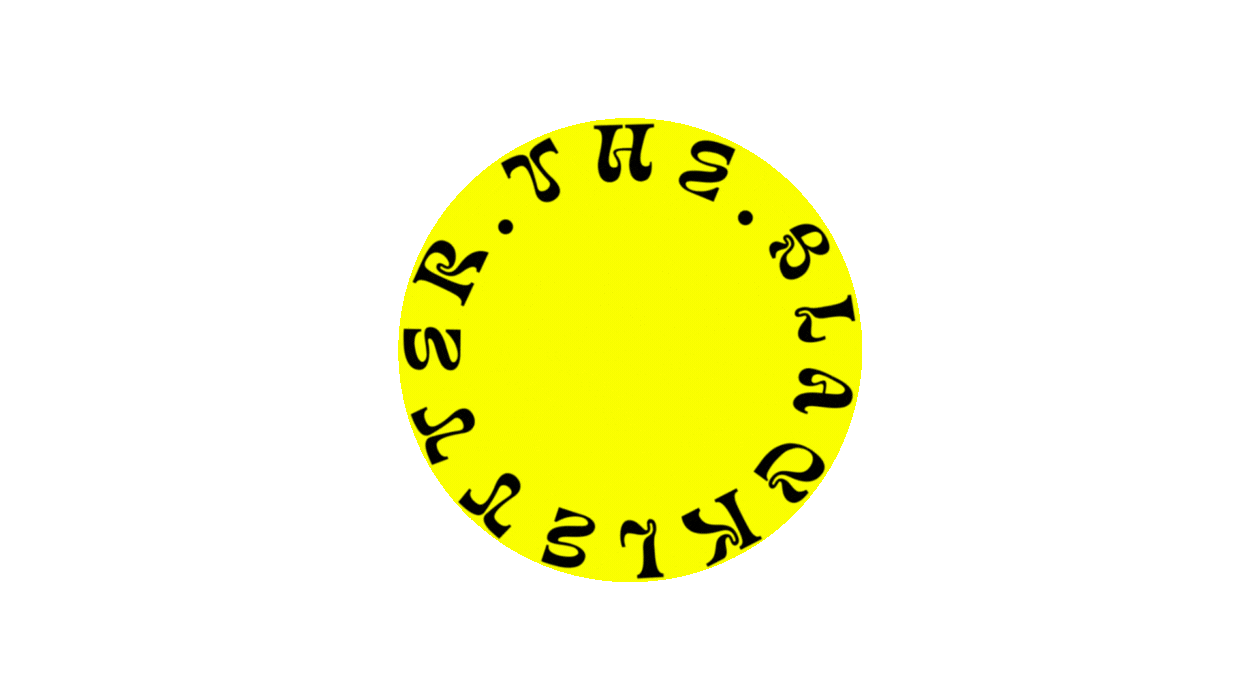Book Review: Assata: An Autobiography by Assata Shakur
A revolutionary’s voice—fierce, uncompromising, and unforgotten
Few memoirs burn with the clarity and conviction of Assata Shakur’s Assata. Written in exile and shaped by struggle, this book is more than a personal story—it is a radical, unfiltered examination of the systems that shape, oppress, and resist in America. From her upbringing in the segregated South to her controversial prosecution and eventual escape, Shakur offers a first-hand account of what it means to live as a Black woman in a country that systematically denies your humanity—and then punishes your refusal to accept that denial.
From the first page, Shakur makes it clear: freedom is not handed down—it is seized. “Nobody in the world, nobody in history, has ever gotten their freedom by appealing to the moral sense of the people who were oppressing them.”It's a hard truth, but one that she backs with both historical awareness and personal experience. Assata refuses the passive narratives of liberation and instead speaks to the necessity of struggle, agency, and awareness.
One of the book’s most striking themes is the manipulation of knowledge—particularly through education. Shakur argues, with uncompromising clarity, that “No one is going to give you the education you need to overthrow them.” In a society where institutions are built to sustain power, she warns that schools are not neutral grounds—they are battlegrounds of indoctrination. Her words remind us that real education begins when we start asking who is writing the lessons, and to what end.
Yet the greatest danger, she warns, is not external—it’s internal. “People get used to anything,” she writes. “The less you think about your oppression, the more your tolerance for it grows.” This slow numbing of the spirit, this normalization of injustice, is the real enemy of liberation. Assata calls on her readers not simply to resist, but to awaken.
Her reflections on gender and relationships are equally forceful. A revolutionary life, she insists, must be consistent—both publicly and privately. “A revolutionary woman can’t have no reactionary man.” Love, family, and community are not separate from struggle—they are part of the fight to build a different world.
Throughout the memoir, Shakur underscores the high cost of defiance. “Peace is a rare gift... luxuries that few rebels can ever afford.” She does not romanticize the path she chose. Instead, she honors its sacrifices—of comfort, of safety, of peace of mind.
Still, for all its sharp critique, Assata is ultimately a deeply human book. Its power lies not only in its radical politics, but in its honesty. She owns her contradictions, fears, and doubts even as she remains steadfast in her convictions. “Black revolutionaries do not drop from the moon,” she reminds us. “We are created by our conditions. Shaped by our oppression.”
This is not a memoir meant to soothe. It is a call to awareness, to reflection, and to action. It does not ask for agreement—it demands engagement. Shakur’s voice, forged in fire, cuts through generations of silence and distortion. In doing so, Assata becomes essential reading—not just for those interested in justice, but for anyone who seeks to understand the depth of what freedom truly requires.

